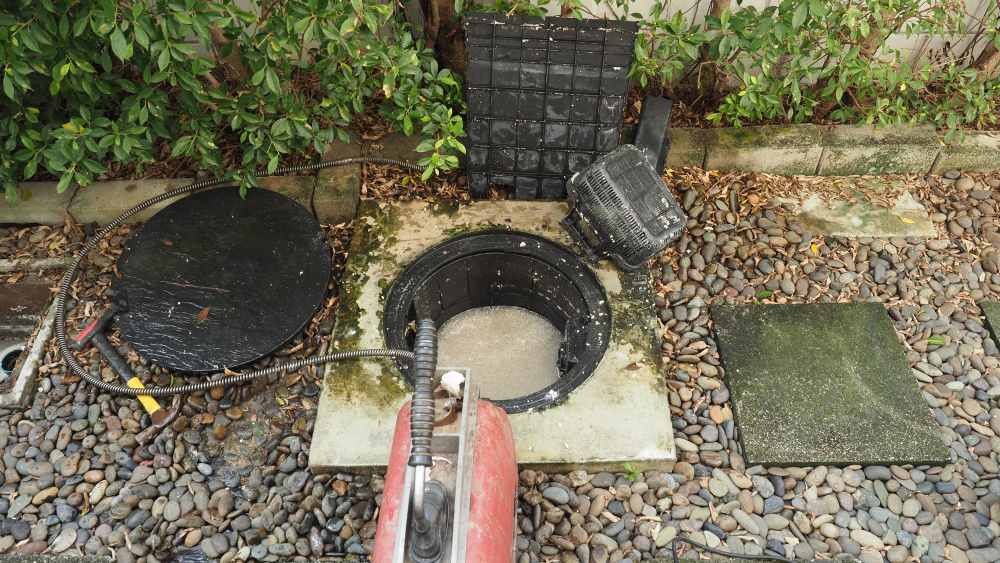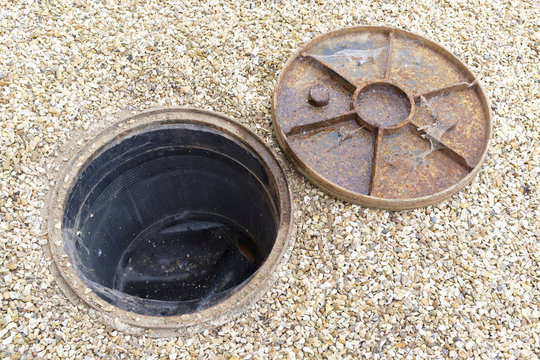Approaches for Managing a Blocked Drain Before Engaging Expert Plumbers
Approaches for Managing a Blocked Drain Before Engaging Expert Plumbers
Blog Article
Right here in the next paragraphs you might get some good insights on the subject of Tips for Dealing with Clogged Drains and Sewer Lines.

Introduction
Taking care of a blocked drain can be an aggravating experience, interfering with everyday activities and possibly causing damages to your property. Nevertheless, prior to reaching out to plumbing specialists, there are steps you can require to attend to the problem on your own. In this overview, we'll check out do it yourself services and preventive measures to tackle a blocked drainpipe effectively.
Recognizing the Issue
The first step in dealing with a blocked drainpipe is recognizing the indications. Sluggish drain, gurgling noises, foul odors rising from drains, or water support up prevail indications of a blocked drain. Determining these indications early can help avoid even more issues.
Common Reasons For Obstructed Drains
Recognizing the variables that contribute to drain blockages is vital for effective resolution. Usual offenders include hair, soap scum, oil, food debris, and international items like sanitary products or paper towels. Tree origins attacking below ground pipes can additionally cause significant clogs.
Do it yourself Solutions
For minor blockages, numerous do it yourself solutions can be efficient. Putting boiling water down the drainpipe can aid dissolve oil and debris. Baking soda and vinegar or a mixture of salt and cooking soda can serve as natural cleaners. Making use of a plunger or plumbing snake to dislodge obstructions is an additional option.
Tools and Tools
Having the right tools handy can make DIY drainpipe cleaning a lot more reliable. A bettor is a flexible device for clearing obstructions in sinks, commodes, and showers. A pipes serpent or auger can reach deeper clogs, while drain cleansing chemicals can be utilized meticulously for persistent clogs.
Safety nets
To prevent future obstructions, embracing safety nets is vital. Install drainpipe guards or strainers to capture hair and debris prior to they enter the pipelines. On a regular basis flush drains pipes with hot water to liquify grease accumulation, and avoid dealing with oil or solid waste down the drain.
When to Call a Specialist
While DIY solutions can solve minor clogs, particular indications indicate the requirement for professional help. Relentless clogs, foul odors despite cleaning efforts, or multiple drains pipes backing up simultaneously are red flags that require experienced treatment.
Selecting the Right Plumbing Service
When selecting a pipes solution, think about elements such as experience, licensing, and customer testimonials. Select a respectable plumbing technician with a record of quality workmanship and transparent pricing practices.
Expense Considerations
The cost of expert drain cleaning company can differ relying on the intensity of the blockage and the plumber's prices. Request quotes from numerous providers and inquire about any added fees to ensure openness and prevent surprises.
Security Precautions
When trying do it yourself drain cleaning, focus on security. Wear protective gloves and eyeglasses to prevent contact with damaging chemicals or bacteria. Never ever blend various drain cleansing products, as this can generate hazardous fumes.
Instance Studies
Real-life examples show the efficiency of do it yourself options and the significance of prompt expert treatment in solving drainpipe clogs.
Conclusion
By complying with the pointers described in this guide, you can successfully tackle obstructed drains pipes and protect against future plumbing issues. Whether choosing DIY solutions or seeking specialist support, timely action is crucial to preserving a healthy plumbing system and preserving the integrity of your home.
How to Clear a Clogged Drain Yourself (And When to Call In the Professionals)
What Can Clog a Drain
Dirt Skin flakes Hair Grease Soap scum Food Offset pipes Tree roots Small objects Mineral buildup DIY Tricks to Unclog a Drain
You can fix this! Once you have identified the source of the clog (or have a vague idea), you can try one or a combination of these fixes in order to clear your plumbing.
Wire Hanger or Snake
Untangle and clear out hair from a drainpipe with a homemade snake. Use a straightened-out wire hanger with a 90-degree angle hook to locate the clog and drag out any unwanted material.
Remember not to push the clog further down to where the wire hanger cannot reach! If you need to follow up with a plunger, give it a try. Your efforts might be more successful after it’s been wire-snaked.
If you want to get fancy and don’t have a wire hanger to spare, head to the store and pick up a hand-operated drain snake. You can get one for $10-$30. It may save you the hassle, and provide additional length to reach deep into the clogged pipe.
Plunger
A cup plunger has a suction cup attached to a wooden handle. The rubber creates a seal around the drain, and increases the pressure force of the plunger.
Plunge for 30-second increments to loosen the clog. This may need to be repeated over the course of 15-20 minutes. Once plunged, run the water to flush the remaining material out of the drain.
Remember– never use a plunger if you have used a chemical drain cleaner. These chemicals can splash up from the force of the plunger and cause serious injury or burns.
Boiling Water
Hot water can sometimes break up materials into a flushable amount. Dirt, grease, and soap buildup requires heat in order to unstick from surfaces.
Take your kitchen kettle and heat your water to a boil. Once it reaches a rolling boil, pour it directly down the drain into the blockage. Carefully follow with plunging, if necessary.
Don’t worry if this takes more than one try! It can often take multiple kettles and repeated plunging in order to clear a particularly stubborn clog.
Chemical Drain Cleaner
As a last resort, pick up a bottle of chemical drain cleaner. Drain-cleaning chemicals are potent, and not very good for the environment.
You may need to wear protective eyewear in gloves before handling your bottle of chemical drain cleaner. Follow the instructions printed on the bottle, and flush with water as soon as the instructions allow. Do not follow with plunging.
Baking Soda and Vinegar
As a safer alternative to chemical drain cleaner, baking soda and vinegar can create a chemical reaction that clears tough clogs.
Combine one cup of cleaning vinegar with one cup of boiling water, and set aside. Once you have done this, pour half a cup of baking soda down the drain. Give the baking thirty seconds to settle and cover a large portion of the problem drain.
Following the baking soda, pour down your vinegar and hot water solution. Once the vinegar and baking soda combine, the mixture will bubble and fix. Let this reaction fizzle in the drain for about an hour.
After an hour, follow with a kettle’s worth of hot water. The heat and liquid should flush out any remaining material.
When to Call a Plumber
If your DIY attempts haven’t cleared your clog drain, it’s time to call in a professional. It’s not worth losing access to your kitchen sink or high-traffic bathroom. A clog in a vital area can keep you from the things you’d rather be doing, and derail your routine.
Anytime a clog is causing water to spread is a time to call in a plumbing service. What starts out as a little bit of water can quickly grow into serious, expensive water damage.
Additionally, a serious clog can result in burst pipes or serious leaks. Make sure you know when to take it seriously!
https://myguysnow.com/how-to-clear-a-clogged-drain-yourself-and-when-to-call-in-the-professionals/

I was made aware of that write-up on How to handle a clogged drain in your home through a pal on a different blog. Do you know somebody else who is in to the topic? Why not share it. Thanks a lot for going through it.
This Site Report this page